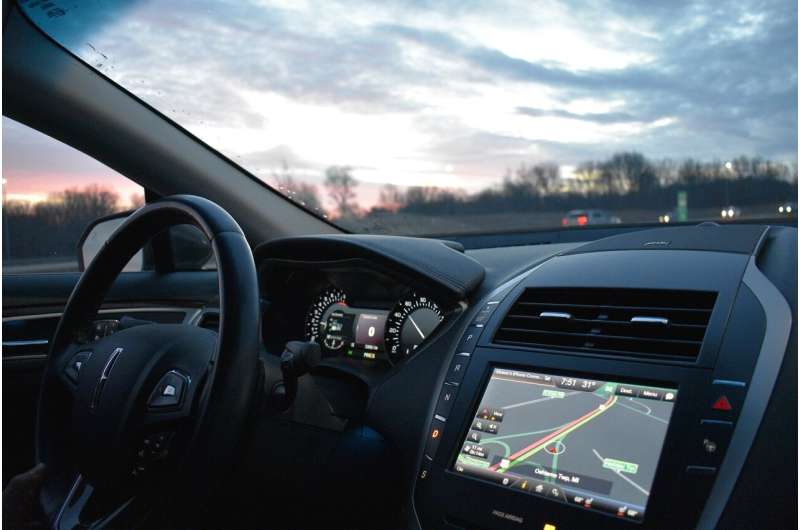A recent study published in the open-access journal PLOS Digital Health emphasizes the transformative role of GPS technology in enhancing driving independence for older adults. Conducted by Sol Morrissey from the University of East Anglia and colleagues, the study underscores the importance of navigation assistance for older drivers, particularly in light of age-related cognitive decline.
Understanding the Need for Navigation Assistance
Driving remains the preferred mode of transportation among older adults, yet cognitive abilities such as spatial awareness can diminish with age, limiting their driving proficiency. Enhancing the mobility of older adults—defined as driving more frequently and over longer distances—is essential for fostering their physical, social, and cognitive well-being.
As electronic navigation systems gain traction among this demographic, it becomes crucial to explore how these technologies influence driving behavior. The study revealed significant insights into older drivers’ interactions with GPS technology.
Study Overview
Morrissey and his team surveyed 895 older adult drivers with an average age of 71 years. The selected participants were regular drivers aged 65 and over, with exclusions for those exhibiting significant, untreated impairments or high levels of alcohol consumption. Key components of the research included:
- Self-reported driving habits and histories.
- Objective cognitive assessments.
- Subjective evaluations of wayfinding abilities.
Key Findings
The findings of the study illuminate several interesting trends among older drivers regarding their reliance on GPS:
| Finding | Percentage |
|---|---|
| Older drivers using navigational assistance | Over 80% |
| Drivers using GPS for entire trips | More than 70% |
| Drivers relying on GPS for every trip | Less than 3% |
Notably, among participants who demonstrated poor objective wayfinding abilities, those who utilized GPS reported significantly greater driving mobility than their non-GPS-using counterparts. Additionally, individuals with a self-reported inferior sense of direction exhibited a heightened dependence on GPS technology.
Implications for Driving Independence
The researchers advocate for the integration of navigational assistance into strategies designed to promote driving independence among older adults. Such integration holds potential for enhancing their quality of life by providing the necessary tools for safe and confident navigation.
Future Research Directions
To further this important research area, future studies could focus on:
- Examining the effects of country-specific and cultural variations on GPS usage among older drivers.
- Analyzing differences among various navigation systems and their effectiveness.
- Investigating the role of passengers or copilots in influencing older drivers’ reliance on GPS.
“In older age, driving is vital for quality of life and well-being. Our study shows that older drivers with worse spatial abilities who use GPS navigation assistance have better driving mobility, and therefore supporting older adults in using these tools can help them maintain their driving.” – Sol Morrissey, Lead Researcher
Conclusion
The integration of GPS technology can significantly empower older adults, allowing them to navigate independently and maintain an active lifestyle. As research in this area continues to develop, the findings herald positive implications for both quality of life and well-being for older adult drivers.
Further Reading
For more information regarding the study, please see the article in PLOS Digital Health (2025) here.
References
[1] Morrissey, S., et al. (2025). Finding their way: GPS ignites independence in older adult drivers. PLOS Digital Health.













Discussion